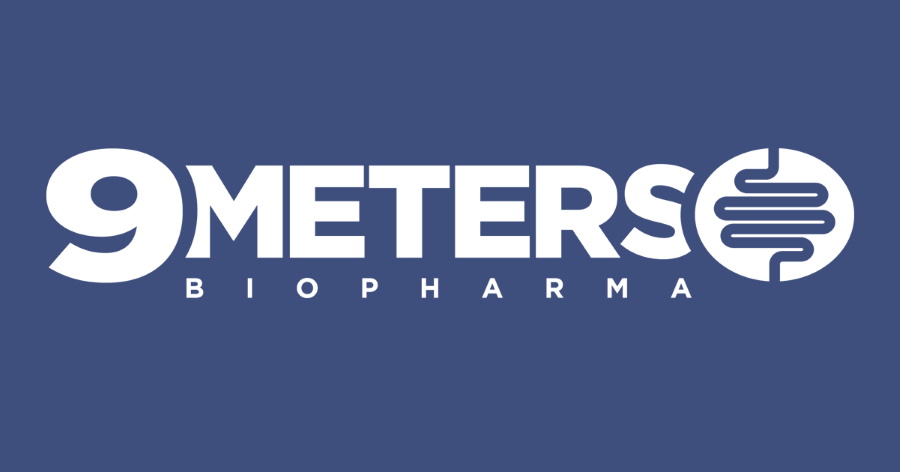After coeliac fail, 9 Meters plots phase 3 in short bowel syndrome

Two weeks after reporting disappointing results for its lead coeliac disease therapy, 9 Meters Biopharma will draw some comfort from a mid-stage trial of its candidate for short bowel syndrome (SBS), although its share price remains under pressure.
Interim results of the VIBRANT study of vurolenatide have identified a suitable dosing regimen for the drug to take forward into phase 3, with preliminary evidence of efficacy and a favourable safety profile, said the North Carolina biotech.
9 Meters now hopes to start a phase 3 programme for the drug before the end of the year, but the announcement has not been able to reverse a steady decline in its stock price since it reported last month that lead drug CedLara (lazarotide) was unable to show a significant impact on coeliac disease symptoms in a phase 3 trial.
The company is still digging for efficacy signals among subpopulations in the CedLara trial, but has switched its attention to vurolenatide, an injectable glucagon-like peptide-2 (GLP-2) analogue that aims to increase nutrient absorption in people with SBS.
SBS is a rare condition in which patients are unable to absorb enough nutrients from the foods they eat because their small intestine isn't long enough or working properly.
It can be caused by surgery, damage to the intestines – for example caused by cancer treatment – or conditions that lead to poor motility in the gastrointestinal tract. Some children are born with an abnormally short small intestine.
The main symptom is diarrhoea, which can lead to dehydration, malnutrition, and weight loss, and the condition can lead to complications including peptic ulcers and kidney stones.
There is already a GLP-2 analogue drug on the market for SBS – Takeda's Gattex (teduglutide) which was approved for SBS in adults in 2012 and children in 2019 – while AstraZeneca's GLP-1 drug Byetta/Bydureon (exenatide) has also been used off-label to treat the disorder.
9 Meters is hoping however that vurolenatide's reduced dosing frequency will make it the go-to therapy if approved. It can be administered twice a month, while the other drugs require an injection every day.
"Given the severity and life-threatening nature of SBS, as well as the significant impact on quality of life, we are very pleased to have identified a vurolenatide dose and dosing interval to progress into phase 3 development," said 9 Meters' chief medical officer Patrick Griffin.
"Vurolenatide may offer a novel and alternative approach to treating appropriate individuals with SBS as it has been shown to decrease total stool output and reduce parenteral support needs," he added.
Investors don't appear to be convinced yet however, and shares in 9 Meters fell in the wake of the announcement, continuing a trend that has carved almost two-thirds off its value in the space of a month.
In tandem with reporting the phase 2 data, the biotech also said it was drawing down $20 million from a $70 million debt facility to fund the phase 3 programme for vurolenatide. It had cash, cash equivalents, and short-term investments of $37 million as of 31 March 31.












